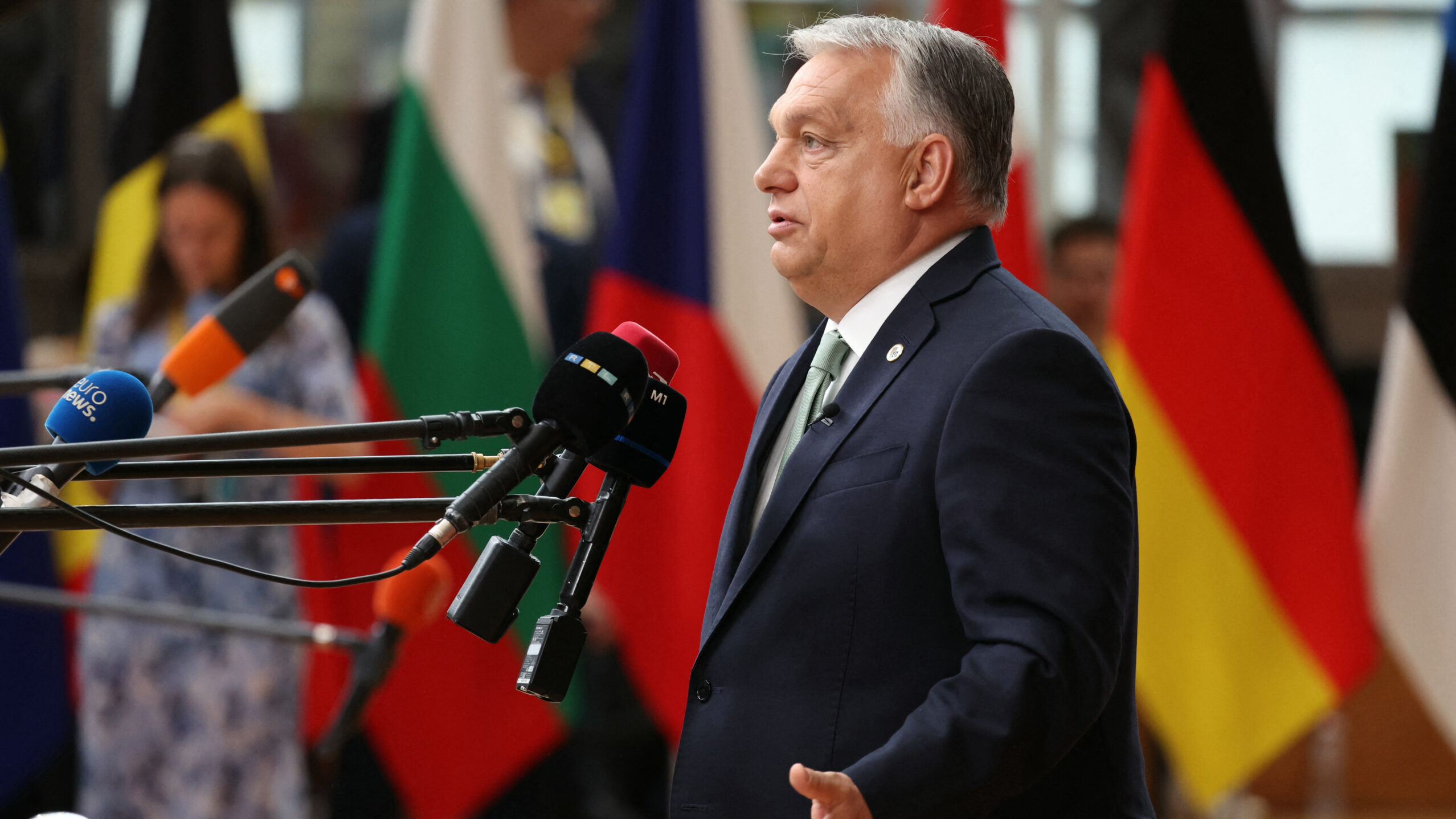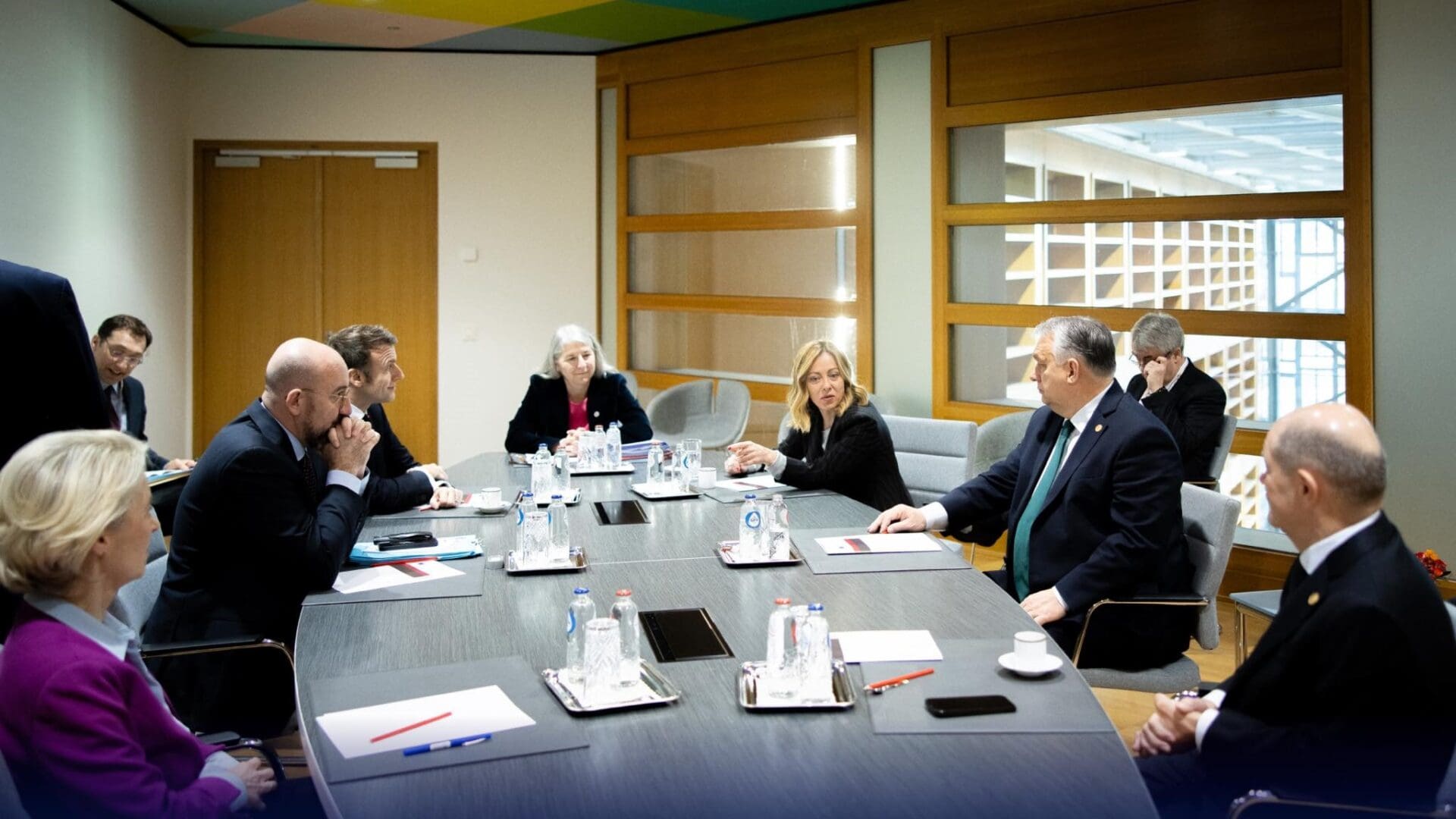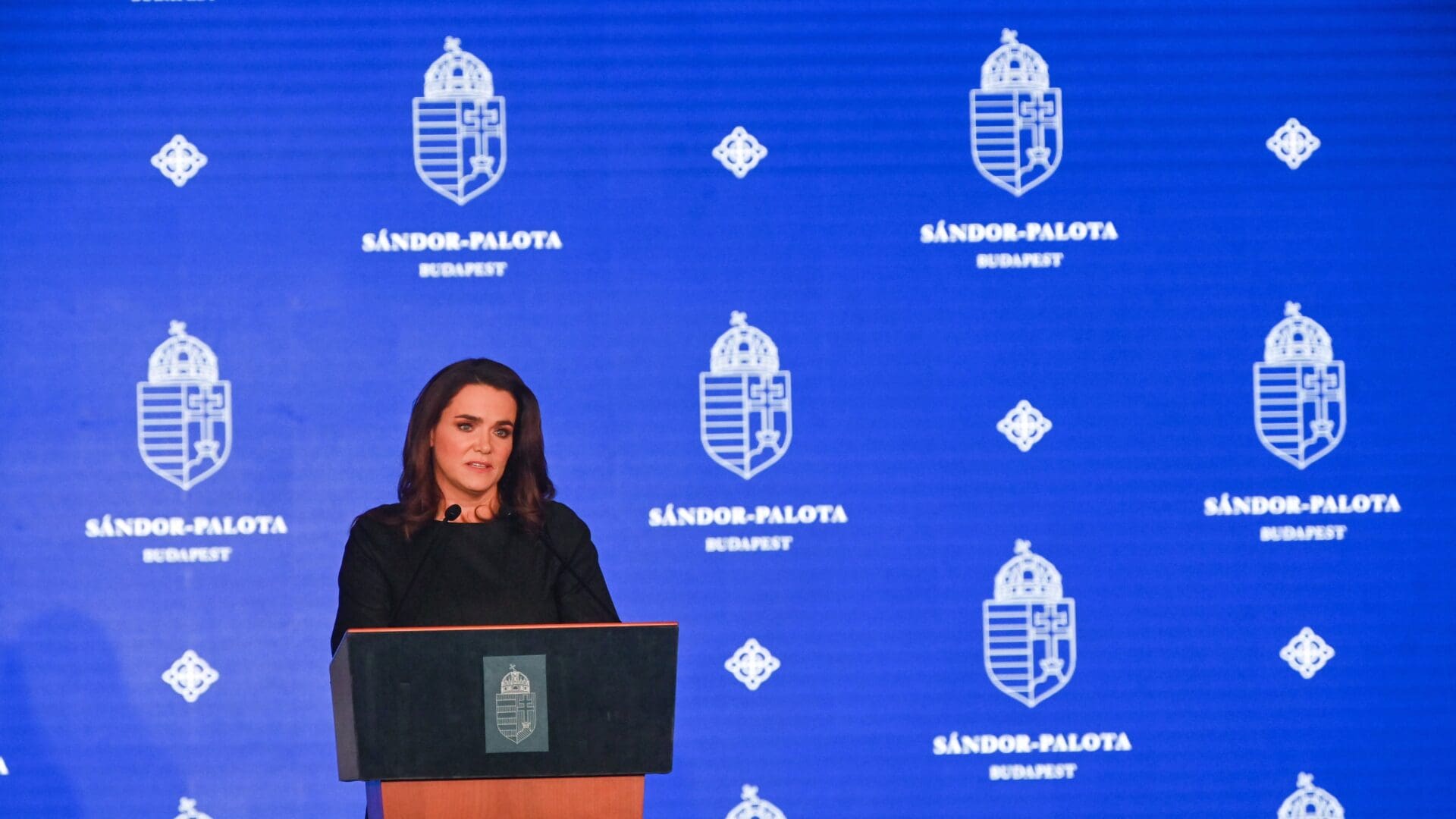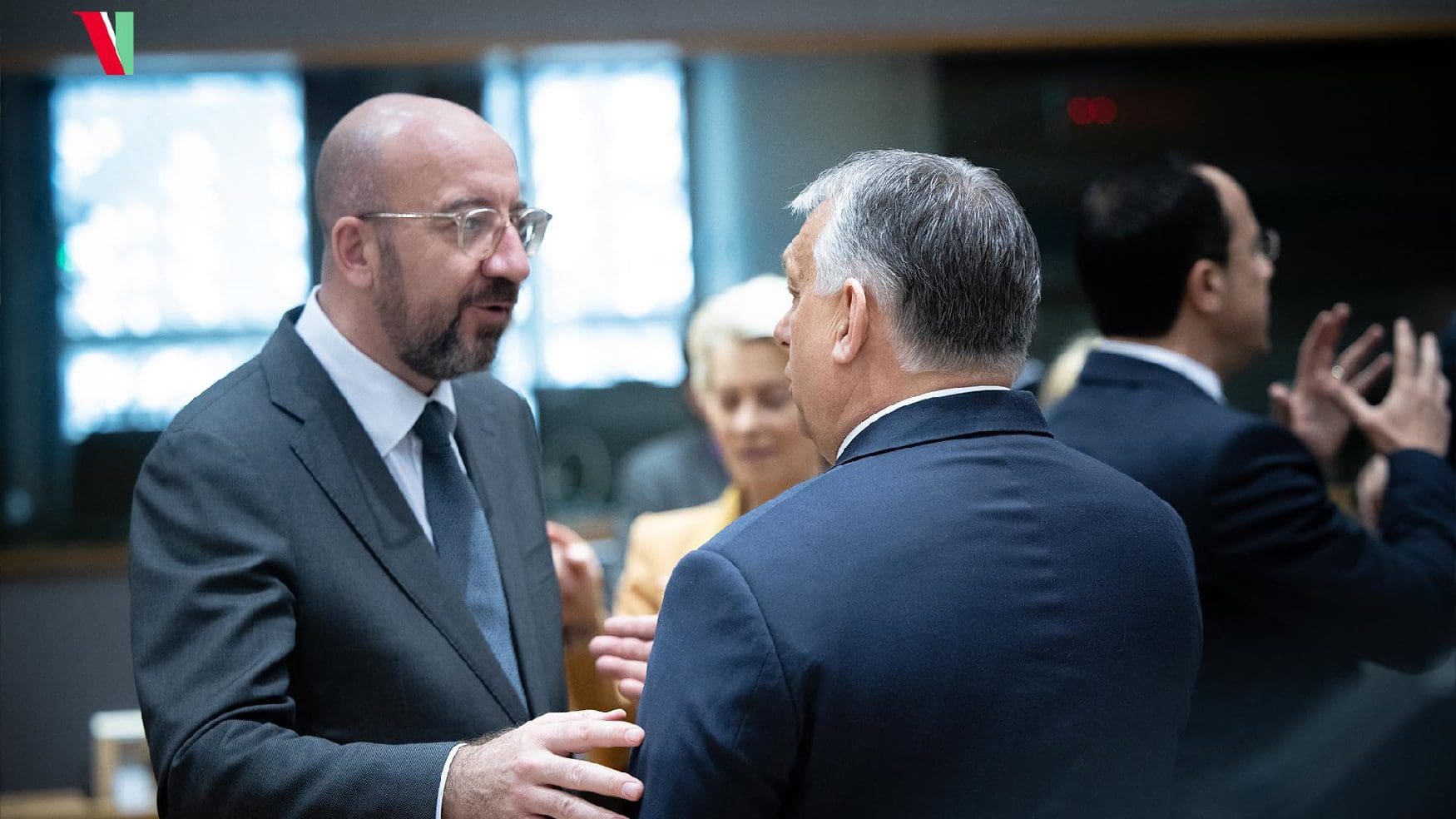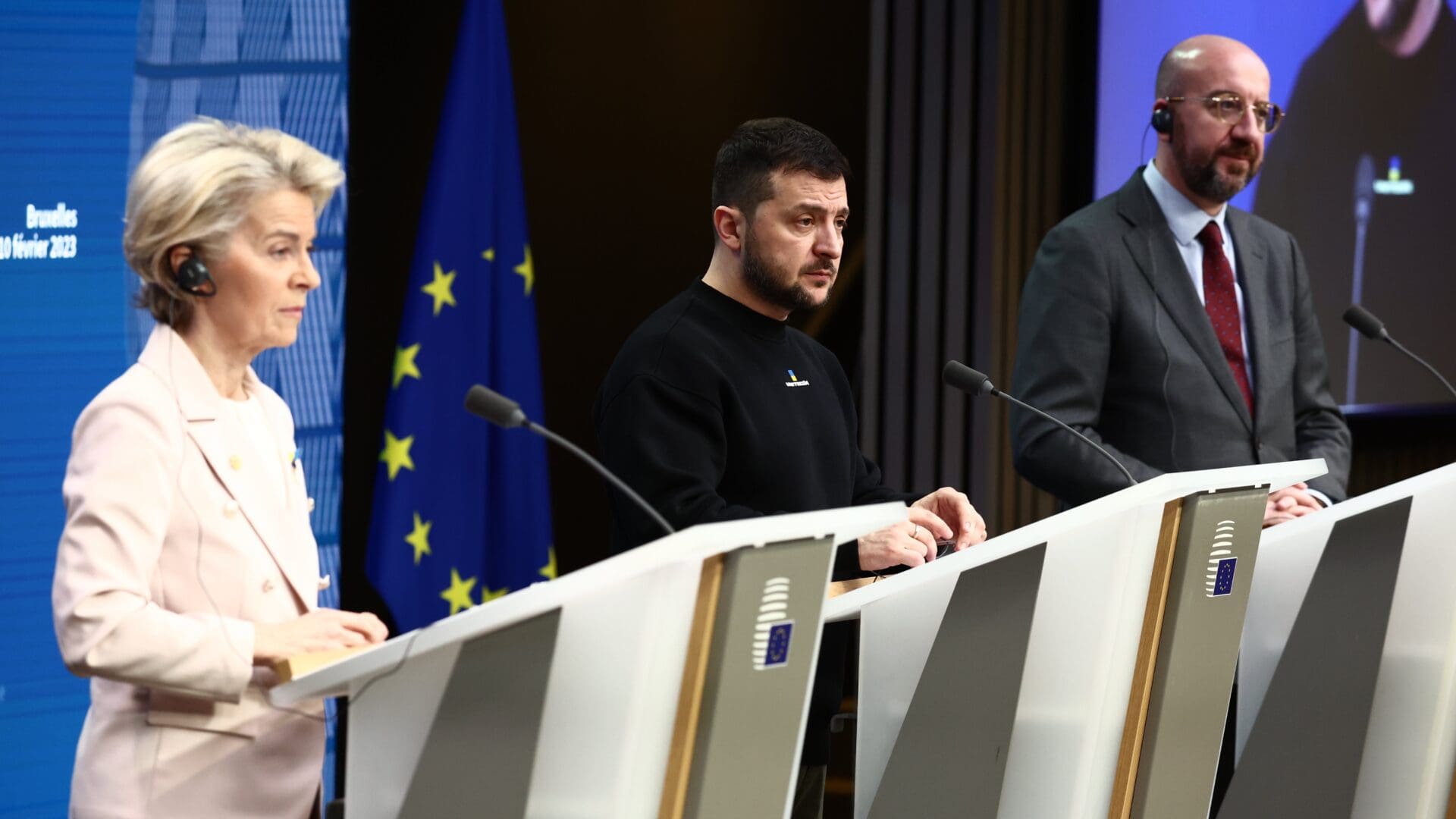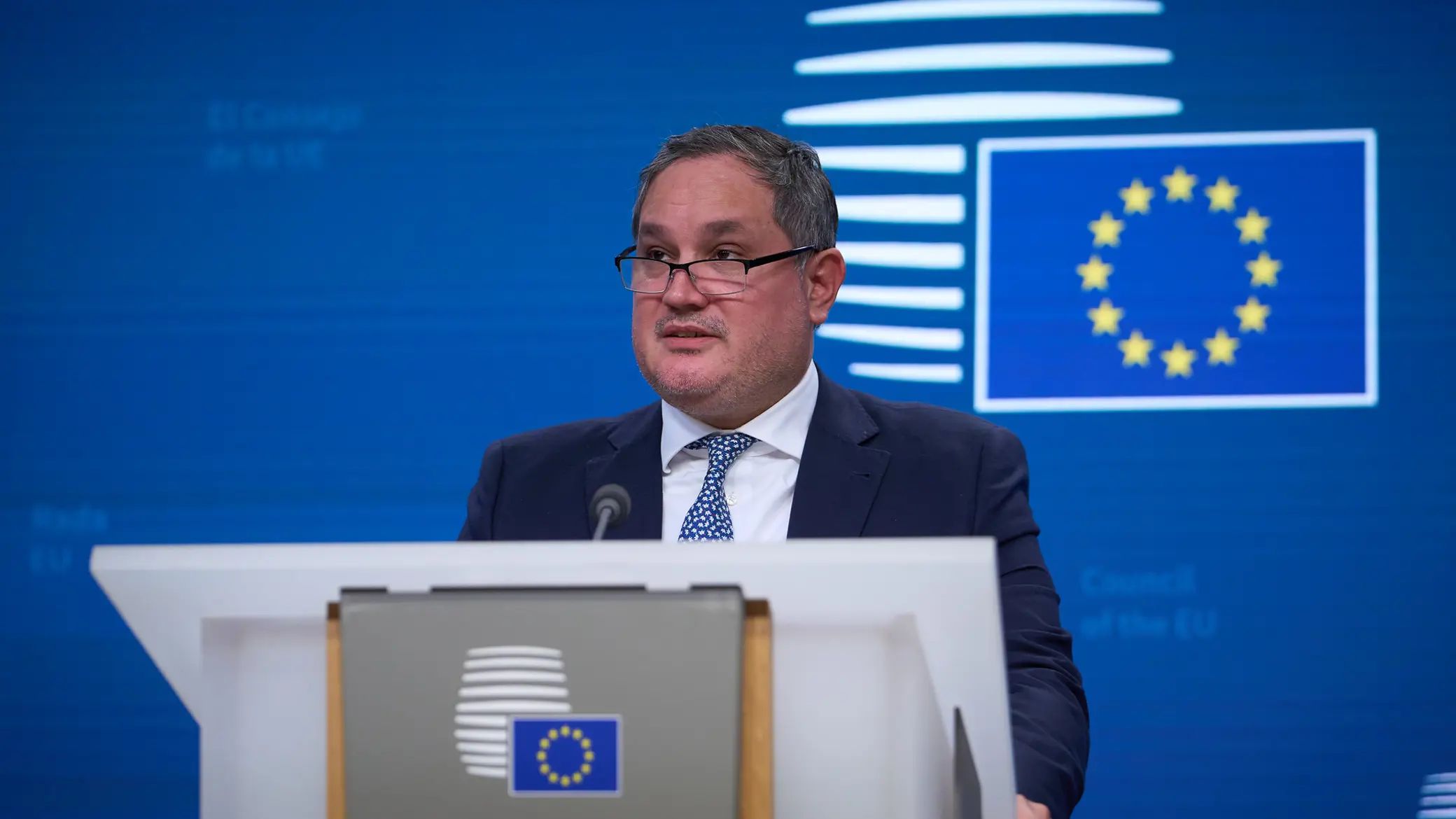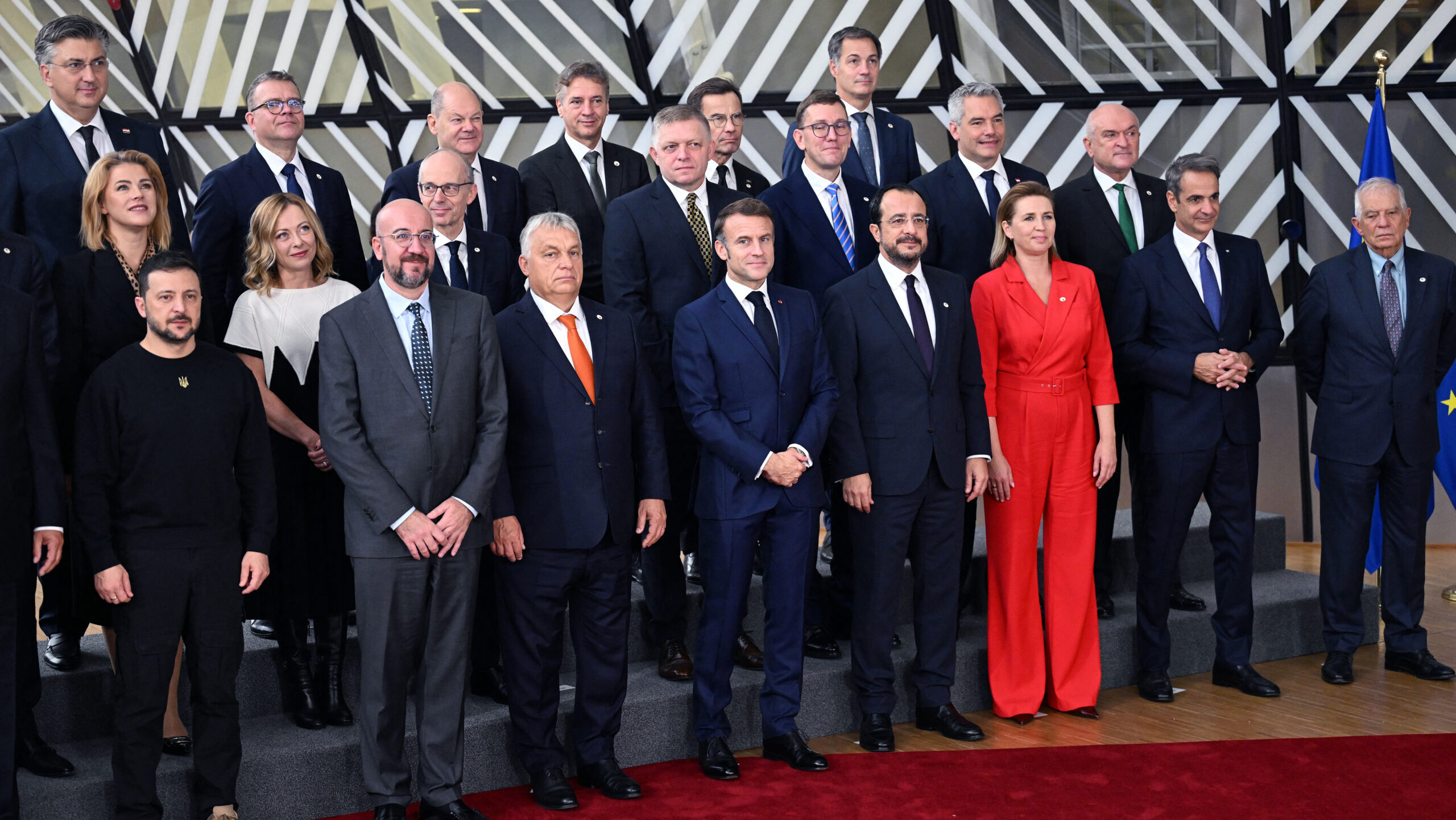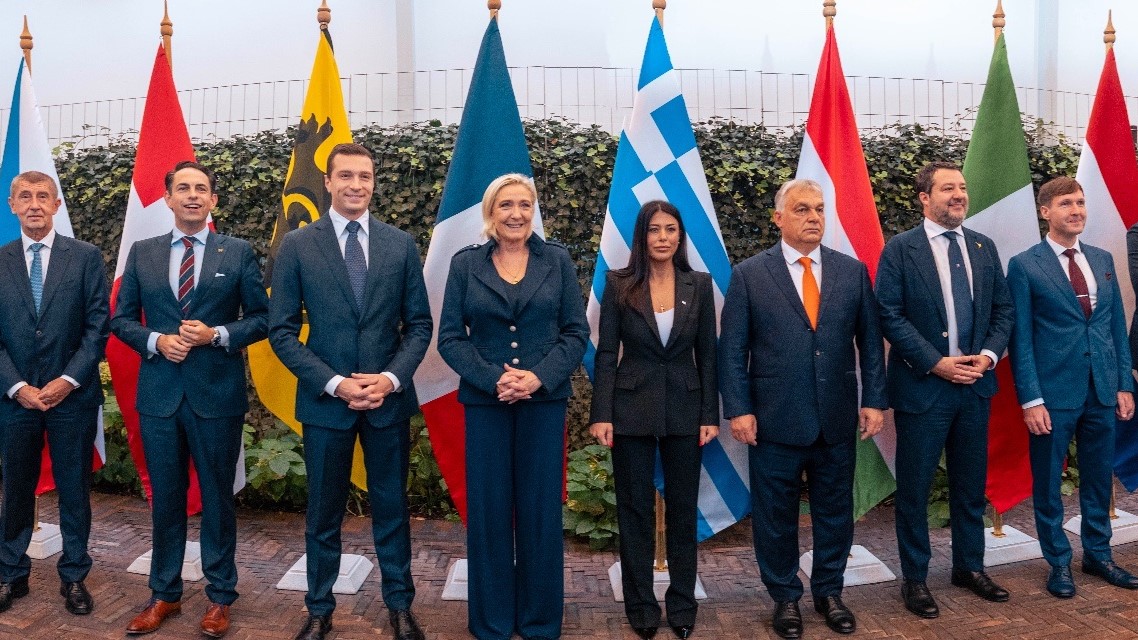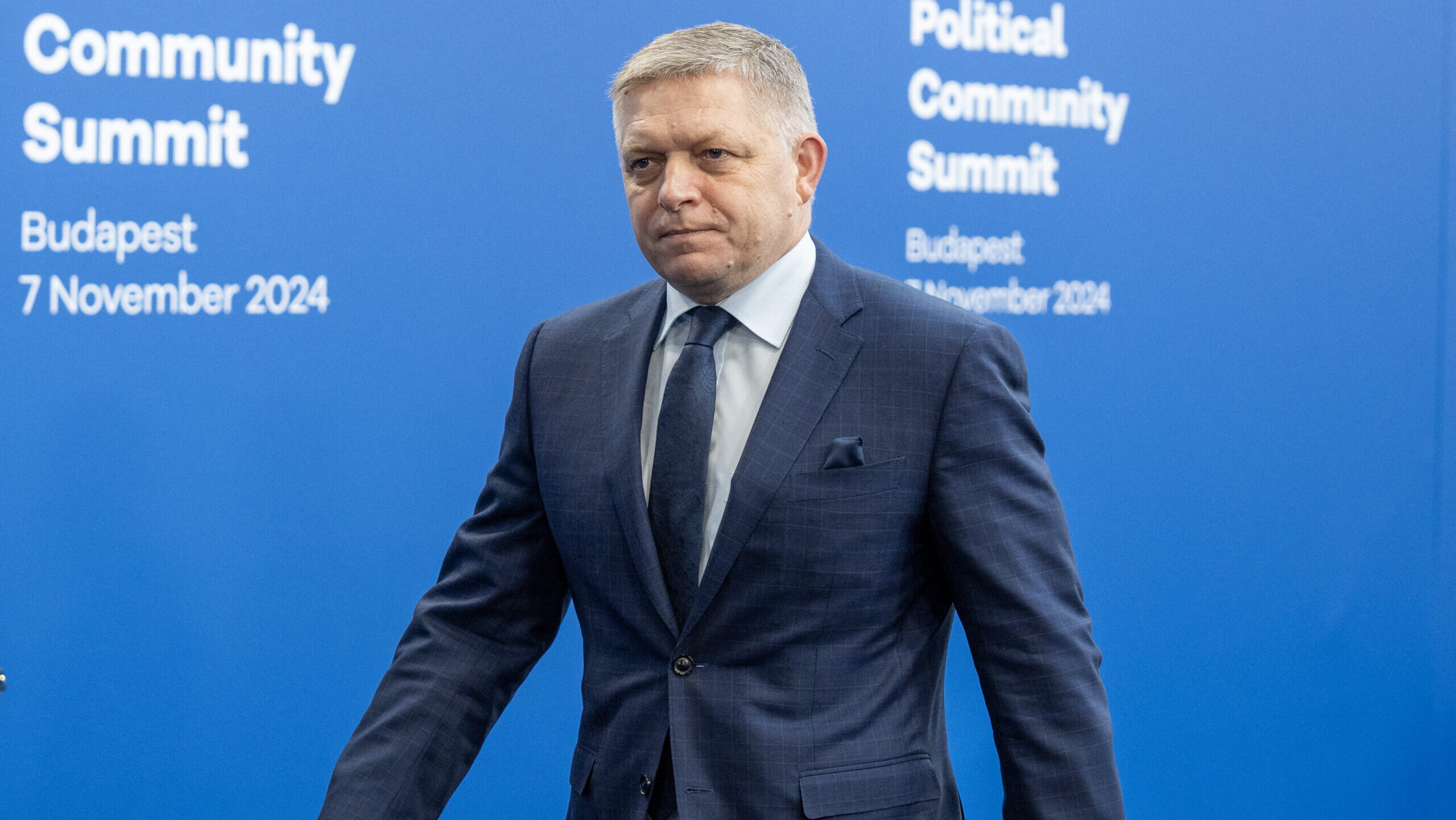
Robert Fico Criticizes EU Council Agenda for Overemphasizing Ukraine
Slovak Prime Minister Robert Fico sharply rebuked Brussels ahead of next week’s European Council summit, accusing EU leaders of using Ukraine to ‘cover up their inability’ to solve the bloc’s real problems—namely soaring energy costs and a crisis in the automotive industry.

